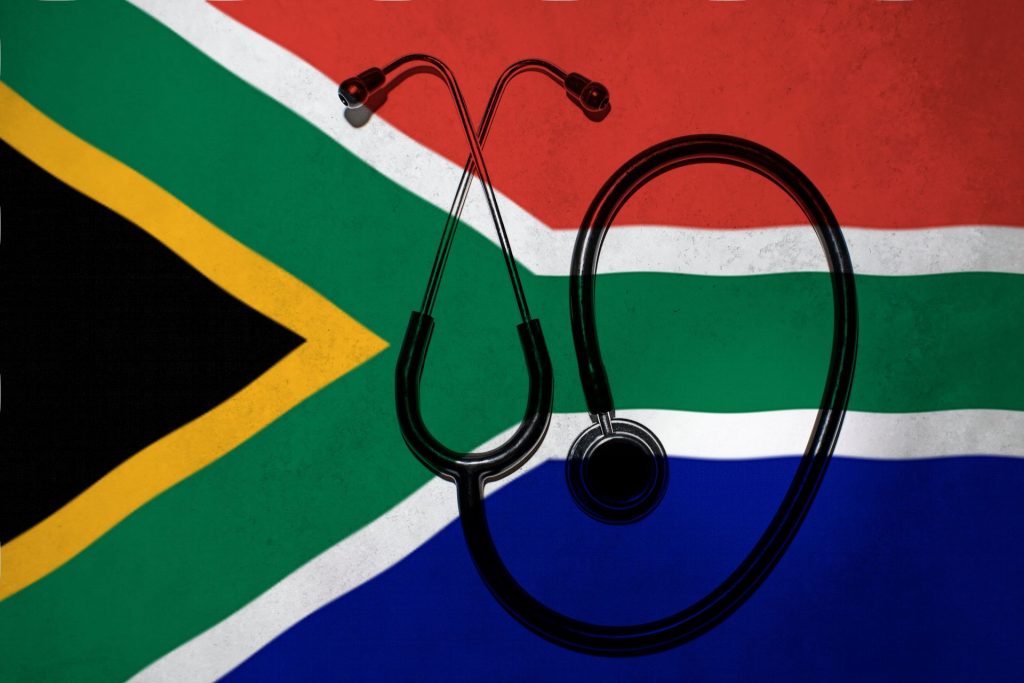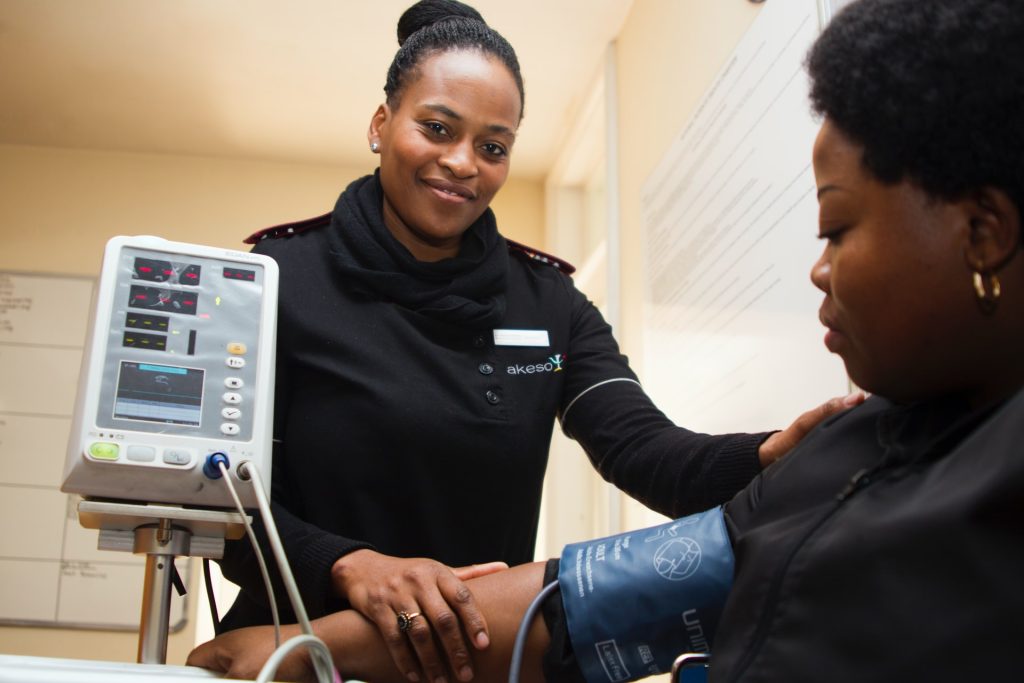Court Finds Netcare Failed to Protect Employee Against an Abusive Surgeon
Operating theatre manager wins her case

The former manager of an operating theatre at Universitas Hospital has successfully sued Netcare for failing to protect her and take action against an abusive surgeon because, she claimed, it was well known that he was a “money spinner” for the company.
Tilana Alida Louw also sued Dr Stephen Paul Grobler but, following his sudden death in June 2022, entered into a confidential settlement agreement with the executor of his estate.
She then pursued her case against Netcare Universitas Hospital.
In a ruling this month, Bloemfontein High Court Judge Ilsa van Rhyn directed Netcare to pay her R300 000 for damages, past and future medical expenses, and to pay part of her costs on a punitive scale.
Louw was appointed as surgical theatre manager at the hospital in 2005. Her role was to oversee and manage operating theatres and theatre staff and monitor patient care.
At that time, she was warned by the then hospital manager, and others, that Grobler had an “aggressive type personality”.
She said she soon experienced first hand his temper tantrums.
In her claim, she said he had verbally abused her continually, hurling profanities, insults, using blasphemous language and obscenities at her in the presence of other operating theatre staff and even members of the public.
She said Netcare had failed to come to her assistance, in spite of her numerous requests and complaints.
Netcare had also failed to act against Grobler, even though it was common knowledge that he behaved this way.
Louw alleged that Netcare had failed in its legal duty to create a work environment free from verbal abuse and intimidation and to take reasonable care of her safety and protect her from psychological harm.
As a result she was humiliated, degraded and suffered shock, anguish, fear and anxiety. She experienced post-traumatic stress syndrome.
She wanted to be compensated for this. And she wanted Netcare to publish a written apology in a local newspaper.
Netcare defended the action. It denied that it had breached its duty to Louw and said it had taken action against Grobler.
After Louw and her witness, labour law expert Professor Halton Cheadle, testified, Netcare offered to pay her for damages and to apologise.
Louw accepted the financial offer, but she was not happy with the wording of the apology and the scale of costs tendered.
And so the trial continued.
Read the judgment
Judge van Rhyn said Louw had testified that her complaints and those of others had been largely ignored by management.
“She explained that several of the scrub nurses refused to work with Dr Grobler and she would step in and assist him during surgeries. Her sense of duty and pity for the patients, many of them being cancer patients who were in dire need of urgent and timeous surgeries, caused her to bear the brunt and endure the constant abuse.”
Louw had said she and other personnel were “not allowed” to lay complaints against Grobler because he was a “so-called money-spinner for Netcare”.
Cheadle, in his evidence, said given the number of grievances lodged against Grobler and given Netcare’s professed zero-tolerance approach to harassment, a reasonable employer would have warned Grobler about his behaviour after the first complaint and would have terminated his contract at the very least, after the third complaint.
Judge van Rhyn said Netcare’s offer of damages during the trial had been made after Louw had endured years of abuse at the hands of Grobler and eight years of litigation.
“I also agree with argument on behalf of the Plaintiff (Louw) that Netcare evidently allowed its employees to be abused by Dr Grobler for its own financial interests. Netcare was acquainted with Dr Grobler’s disgusting behaviour even prior to her (Louw’s) appointment as the unit manager,” she said.
This conduct was deserving of a punitive costs order, the judge said.
Louw had rejected the proposed apology because it contained the words “we apologise sincerely that you felt that Netcare did not sufficiently support you”.
The judge said she agreed with Louw’s perception that this did not, in its plain and ordinary meaning, convey a sincere regret and remorseful apology.
She said she had been informed during argument that Netcare had published the apology in the local newspaper.
However, she said, she would not make any order regarding the apology, because it would not be lawful in a case which was not based on defamation.
Republished from GroundUp under a Creative Commons Attribution-NoDerivatives 4.0 International License.










